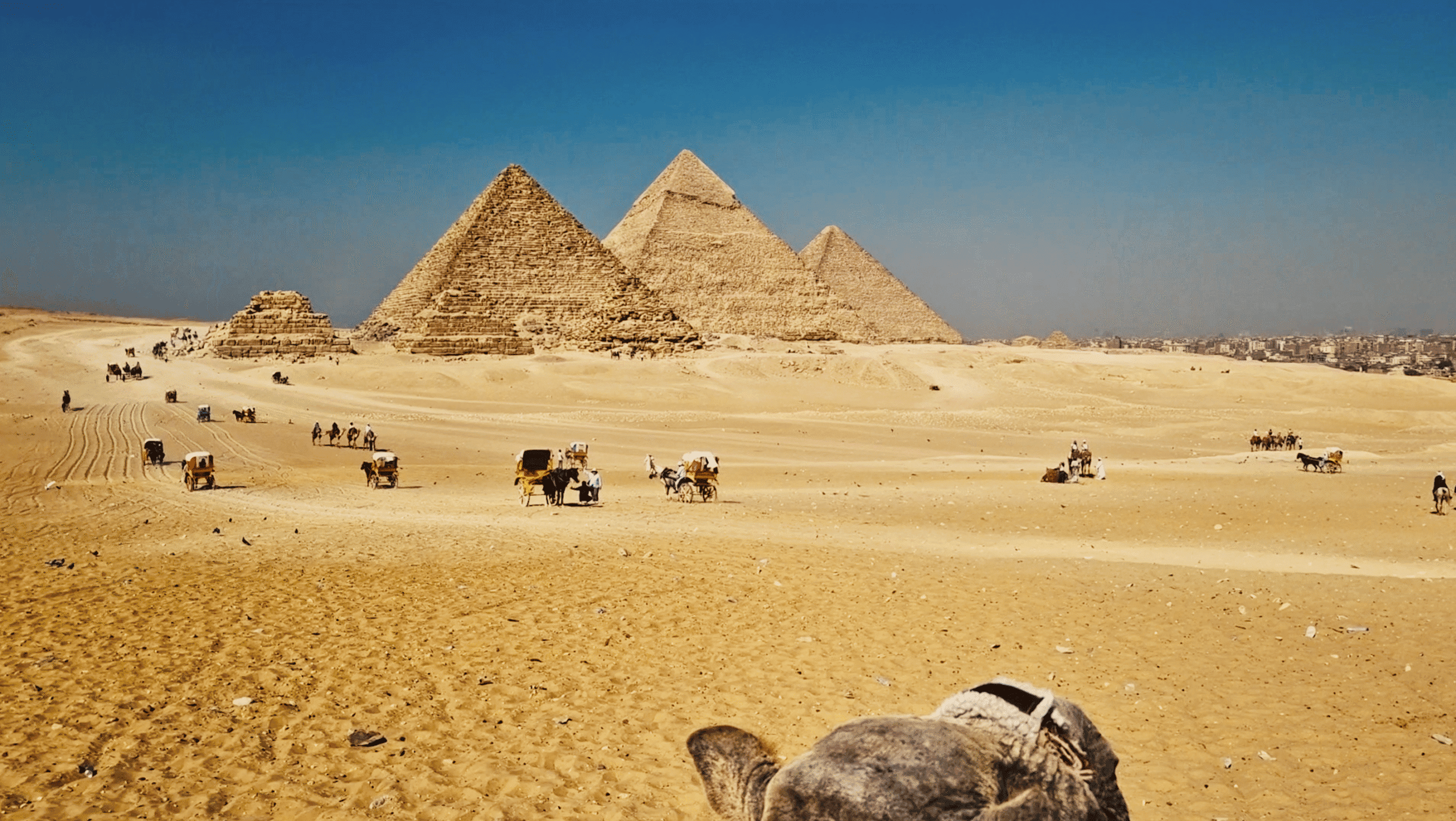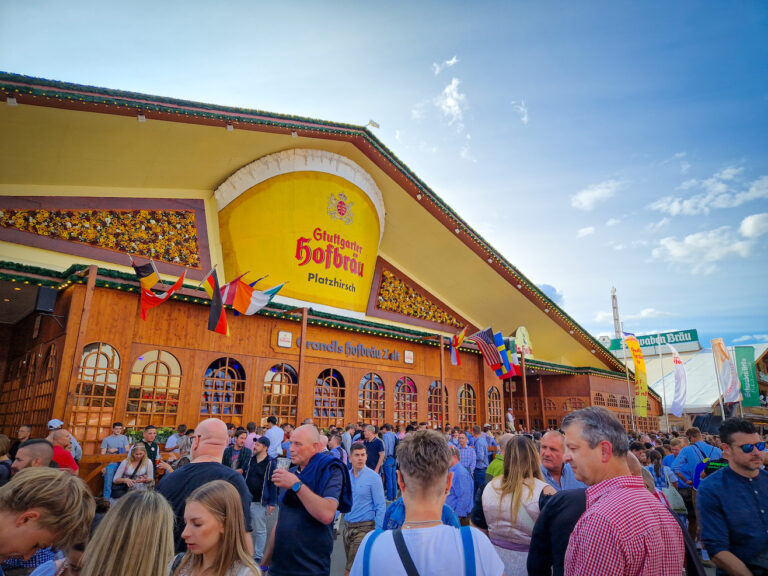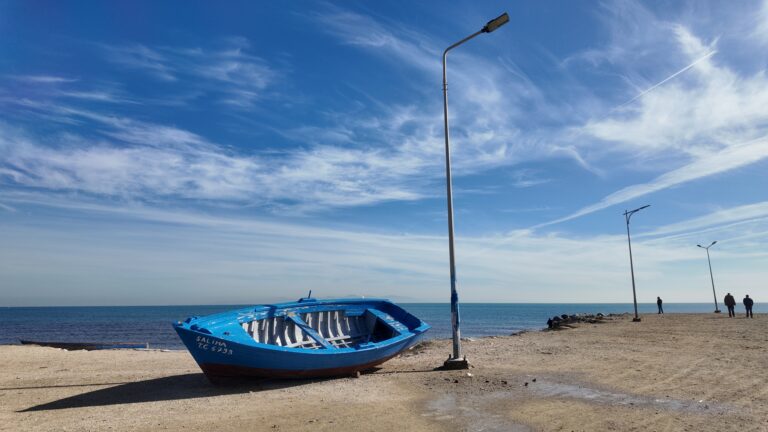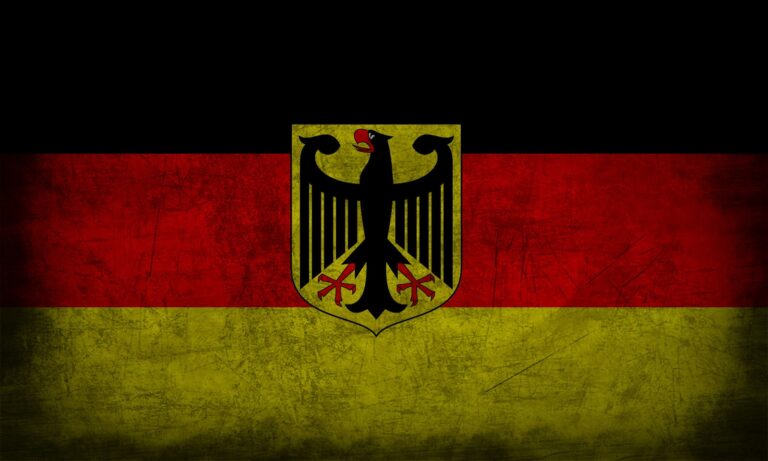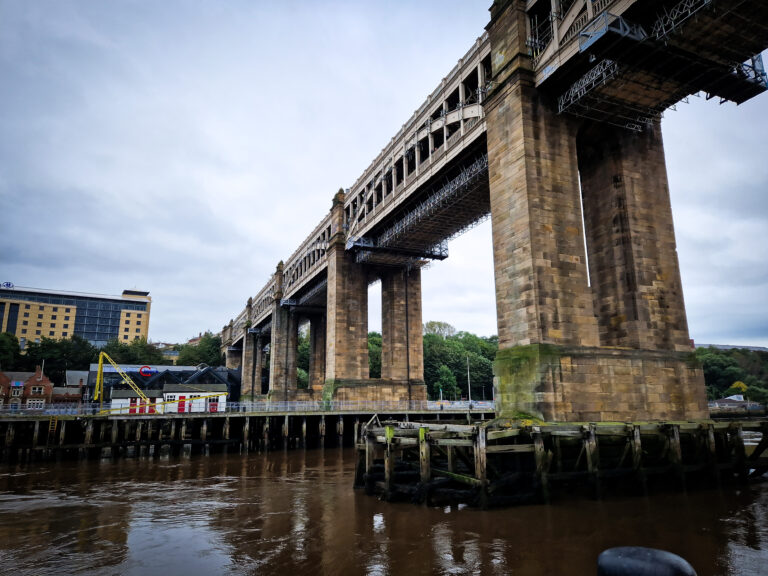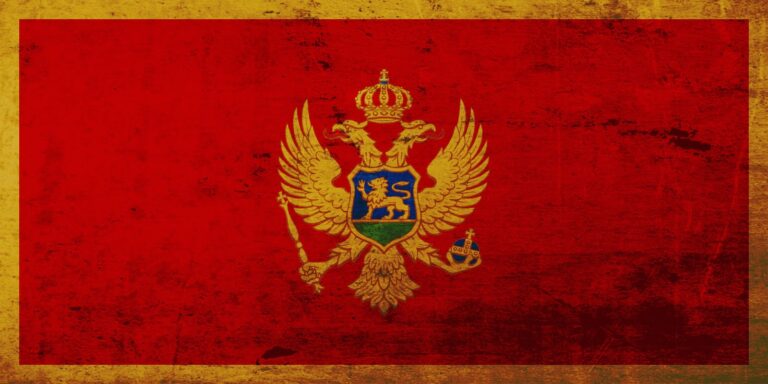Egypt: The Old Kingdom
Arrival in Cairo
I squinted blearily out the window at 2:00 AM as the Pegasus Air flight banked over Cairo, stretching out like a vast twinkling blanket to the horizon in the clear night. At 23 million residents, the city is among the largest in the world.
Always one to snag a deal at the expense of convenience when traveling alone, I’d opted for the late flight, which connected in Istanbul from Amsterdam. With only a one-hour time difference from Amsterdam, I at least did not have jet lag to compound the lack of sleep. That was more than could be said for my brother Kent, who was already sleeping heavily at the hotel, having recently arrived on another, much longer flight from the USA.
A Bucket-List Destination
As I stumbled through customs, my mind raced to the days ahead. Just a four-day trip, but meticulously planned in cooperation with Mostafa, a local guide I had spent hours on the phone with over the past month.
Egypt had always been a “bucket list” destination, but one so foreign and exotic that I’d always found a reason to put it off. In my typical decide first, figure out details later style, after booking the flight I began researching things I should have checked first: Do I need a visa? Is it safe to travel there?
I checked the U.S. State Department website for travel advisories:
Exercise increased caution in Egypt due to terrorism, crime, and health. Some areas have increased risk, it said.
I’ve never been a fearful traveler, but I couldn’t help but recall events like the Luxor terror attack a few decades earlier, where over 60 tourists were gunned down at the Temple of Hatshepsut, which was on our itinerary a few days later. With my Irish complexion and pack stuffed with all my things for the trip strapped to my back, I knew I’d be an obvious mark—if not for violence, at least for scammers eager to take advantage of someone who was obviously not in Kansas anymore.
The Uber Bluff
And so I emerged from the terminal to the already packed curb of taxi drivers hoping to entice me into a ride. In my infinite wisdom, I’d anticipated this scenario and booked an Uber. I smiled politely as I walked past the mess of cabs to wait, the cabbies looking after me as if I had no idea where I was going or what I was doing—which was absolutely true—but I was doing my best to pretend otherwise.
I felt like a hundred bucks as I bypassed the crowd and hopped in my prepaid Uber, because that’s how Ubers work.
As I got in, the driver quickly began small talk, which I cynically assumed was him sizing me up.
“First time in Egypt?” he asked.
“No,” I said. “I’m here on business. Been many times.” I lied, hoping the fact that a guy touching down at 2:30 AM with only a backpack did not give away the unliklihood of that story. Maybe then he would think I couldn’t easily be taken advantage of. Silence for a few minutes. And then—
“I’m cancelling the Uber ride, and you pay me in cash,” the driver said.
And so it began. I wanted to believe that all the stories about Westerners being easy targets for scams here were not true, but that illusion shattered after being in the country for just 10 minutes.
I refused. As we sped along the highway, I contemplated the consequences of being driven out to the desert and shot, or simply ejected in some random place. This Egyptian man pretty much had my life in his hands, so I made the biggest bluff of my life:
“I’m not cancelling the Uber, and I’m not paying you in cash. Drop me off here,” I said, apprehensively looking out the window at the dark streets and questionable alleys as they flew by in the window.
Miraculously, it worked. With an unhappy grunt, the driver explained how Uber was screwing over Egyptians, and he barely would make enough on this ride to pay for his gas.
I like to consider myself compassionate, but I refused to interpret this Uber trip as a charity ride. I smiled and pretended to be busy on my phone, even though I was actually just tracking Google Maps to be sure we were still headed to the hotel.
After an awkwardly silent ride, I was finally dropped off in front of the Marriott Mena House in Giza.
Sunrise with the Pyramids
I made my way up to the room where Kent was dead to the world. We awoke when the sun came up, went down to breakfast, and had to maintain our giddiness as the pyramids loomed on the horizon as they have for 4,500 years as if it were just any other day. It was almost as if we had not yet woken up.
Having not seen each other for months, Kent, never one for embellishments, looked out and said simply, “Pretty incredible.” Holding back a grin.
He had insisted on staying here the first night, and as we watched the pyramids glow red in the rising Egyptian sun while we sipped our coffee, both exausted from the previous night’s flight, I knew this was one of those moments I would never forget.
Among Tombs and Pharaohs
There we met Mostafa, a published Egyptologist (A Land Called Egypt is his fact packed compendium on the land that he loves) and With Locals guide, would be our host for the next few days. With a friendly smile, he talked us through the day and, wasting no time, we were off to the Pyramids of Giza.
Only minutes separated us from the urban sprawl of Cairo, yet the Pyramids unfolded before us almost too quickly. Part of me felt it was a shame they were so accessible—as if we should have trekked on camelback after days in the Sahara. But here we were, pulling in and getting out of the car amidst bus after bus of tourists clutching selfie sticks and water bottles.
As advertised on his website as the “off the beaten tour,” Mostafa smiled slyly and ushered us well away from the crowds. Within minutes, we were walking among the Eastern Cemetery with not another soul in sight, scrambling over rocks and stones around tombs of unspeakable historical significance.
After what appeared to be a small grease payment, two bored men guarding the entry to the Tomb of Meresankh unlocked an iron padlock, pulled away a heavy chain, and beckoned us inside. Suddenly the commotion and busyness at the entrance to the site seemed miles away. We now had the eerie feeling of being totally alone as we descended the steep stairs into the tomb.
It was cool and smelled of old stone, the dust kicking up under our feet and a slight sense of claustropohbia that sets in knowing that a mummified body resided here for thousands of years.
Constructed 4,500 years ago, the painted figures on the walls remained as brilliant as if illustrated only decades earlier. It was hard to believe we were just steps from the front gate, where buses unloaded tourists by the thousands. Yet here we were, poking our heads into this ancient tomb by ourselves, as if we were pioneering archaeologists stumbling on a previously undiscovered find.
We did end up fighting our way inside the Great Pyramid of Khufu, which involved crouching and making our way up a steep ramp for a few hundred yards along with several tourists clearly unfit for the task. At the bottom, a fellow sweaty Westerner managed to pant “Good luck” to us as he passed on his way down.
Fantastic, I thought. I’m going to be buried in here just like Khufu.
The trek up was not as terrible as I’d imagined, perhaps because I had prepared for the worst after seeing the poor guy who had barely made it back down. We scrambled up the passageway into a huge open burial chamber and pictured it once full of glittering golden relics meant to accompany the long-departed pharaoh into his afterlife.
But after only a few minutes in the chamber—hot and humid from the body heat of 30 other tourists—we thankfully scrambled back down and emerged into the bright Egyptian sunlight where Mostafa was waiting. He wore a knowing smile, having seen hundreds of others attempt the same. For some reason, many seemed to expect the ancient Egyptians’ passage to their revered pharaoh’s burial chamber to be as simple as waiting in line at a museum gift shop.
Street Food
Next on the agenda was a food tour around the bustling streets of downtown Cairo. We dodged scooters and cars as we hopped from place to place as Mostafa quickly stopped at markets and food stands, grabbing samples of nuts, produce, Egyptian crepes and sweets. Several stands had a cages of chickens and pigeons, waddling around crowdedly as if it were a pet store. Pigeons, he explained were his favorite local delicacy (and in my curiousity I would try later in the trip).
The star of the show, though, was the Egyptian national dish, Koshary. Koshary is Egypt’s ultimate comfort street food—a hearty mix of rice, lentils, and macaroni piled together, topped with spiced tomato sauce, chickpeas, and a crunchy layer of fried onions. Vendors hand you a bottle of garlicky vinegar and fiery chili sauce so you can season it to taste. It’s cheap, filling, and beloved across the country—kind of like Egypt’s national fast food.
Stuffed and happy, Mostafa guided us towards the train station where we would catch a sleeper train to the South of the country. Even though night had fallen, the energy had not-kids darted between traffic on the bikes, horns blared as cars made their way hurridely though open intersections. The smell of diesel exhaust, shisha smoke and fresh herbs and spices filled our nostrils as we followed after Mostafa, who still wore a bright smile as if to tell us: yes, the pyramids are Egypt, but this too is Egpyt, and isn’t it beautiful? And yes, it was.
Leaving Cairo
Cairo ended the way it began: loud, messy, and not entirely on our own terms. But in between the scam Uber rides and tourist crowds, we had mornings where the pyramids lit up red at breakfast and afternoons where Mostafa pulled us into places that felt like secrets and showed us the “real” Cairo.
That night, with our backpacks on our shoulders, we pushed into the crowded station, the air thick with diesel and shouting. The train rolled in, paint peeling, windows rattling, bound for Luxor. We had no idea what waited for us down those tracks, only that we were about to find out.
